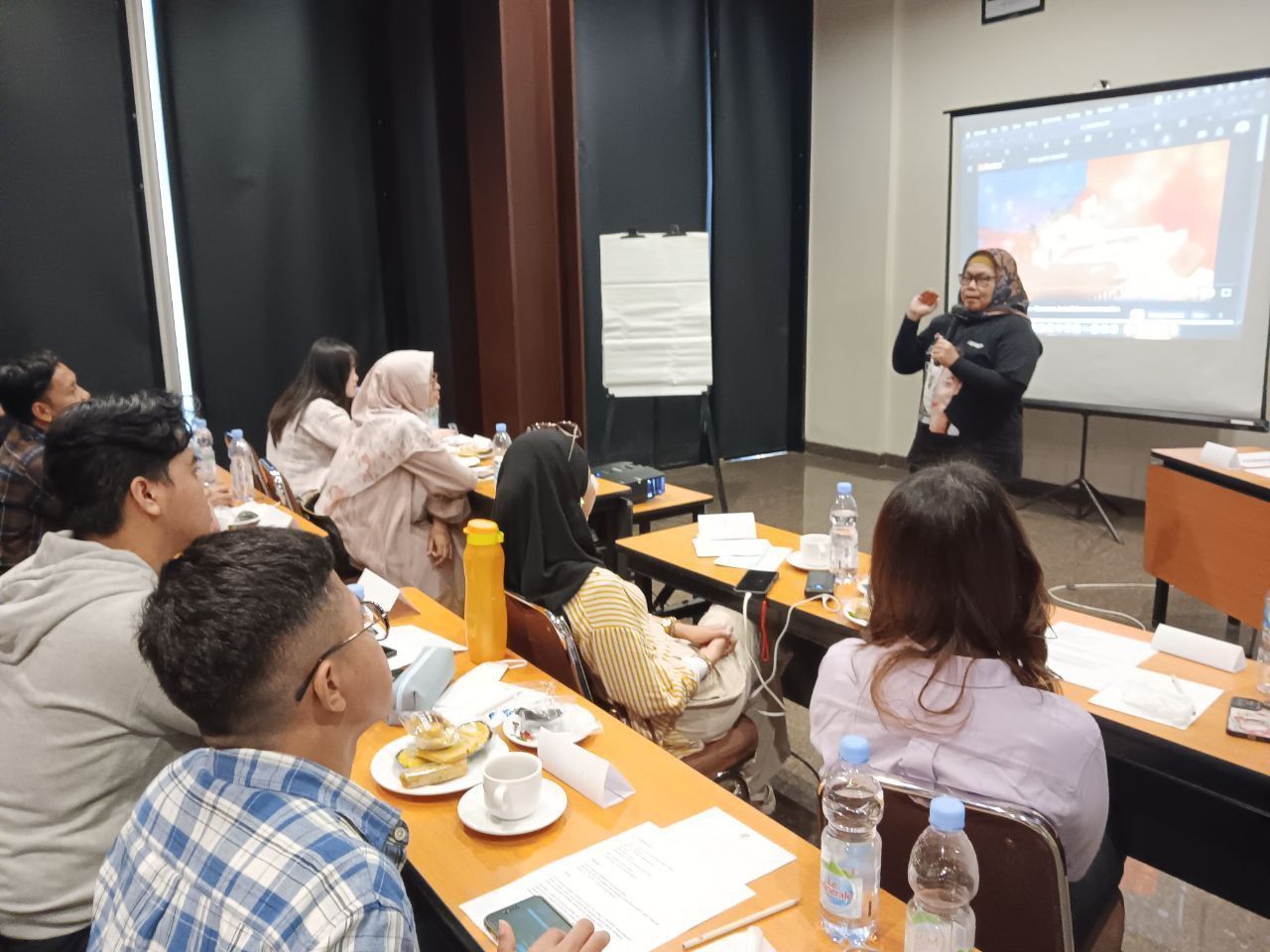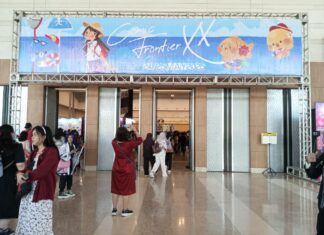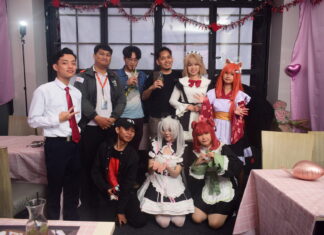This article is a translation of an interview article that we conducted in October 2023. To read the original Indonesian article, please visit this link.
Novie Burhan is a prominent voice actress in Indonesia. Her father was the late AP Burhan, a legend in the field of Indonesian radio dramas. Her mother, the late Elly Burhan, was also a legendary figure who had voiced various characters in the Indonesian dub of Doraemon and Rocky Rackat. Due to the influence of her family background, she began her career at a very young age. Not only that, her siblings, including the late Billy Burhan, Tata Burhan, and her sister-in-law Jessy Millianty, have all worked as voice actors as well.
In the field of animation, Novie Burhan has lent her voice to numerous Indonesian dub projects, including Cardcaptor Sakura, Slayers, PreTear, The Incredibles, Madagascar, Shrek, Super Gals!, Danny Phantom, Carita de Angel, Wreck-it Ralph, Kamui Gaiden, and many more. Currently, she is actively involved as a dub director/dialogue director for an Indonesian dub studio CSPro. Some of the dub projects she directed include Gokushufudo, Cyberpunk: Edgerunners, and the live-action adaptation of One Piece. Other than working as a voice actress and dialogue director, Novie Burhan is also currently active as a dubbing teacher in the Voice Talent Class Indonesia (VTClass.ID).
On 7 October 2023, KAORI Nusantara team had the opportunity to meet Novie Burhan. During our interview, we asked some questions that were often asked by Indonesian fans about the Indonesian dubbing process and translation quality.
Is the Dialog in the Indonesian Dub Too “Formal”?
One phenomenon that often sparks debates among Indonesian anime fans regarding Indonesian dubs is word choice. The translations for Indonesian dubs are often deemed too “formal” or “stiff”, and not in line with everyday language use. Not to mention, Indonesian dubs sometimes censor “inappropriate” words for works that are broadcasted on terrestrial TV networks.
Ironically, when some streaming services—which are not as bound to broadcasting regulations—attempt to utilize translations with more flexible, hip, and “everyday”-like language, they are not without controversy either. There are differing opinions among the public and even voice actors themselves on how Indonesian dubbing dialogues should be like.
Indeed, the Indonesian language is unique compared to other languages. It has two very different forms: standard or formal form, and informal form. The standard form is usually used in formal situations like academia, business, correspondence, and other important affairs, while the informal form is used outside those situations. One thing to note is that the informal form is vastly different compared to the standard Indonesian. This phenomenon, known as diglossia, happens because Indonesia has many local languages and dialects, which influence how Indonesians speak their language in their daily life (Martin-Anatias, 2017).
In response to this, Novie Burhan has a story to share. When Indonesian dubbed foreign programmes were first introduced on television, there was a responsibility entrusted by the government of that time (New Order Government, led by the Indonesian former president Suharto)—and even endorsed by the then First Lady—, that Indonesian dubs should carry a mission of educating the Indonesian public about the proper use of standard formal Indonesian (“bahasa Indonesia yang baik dan benar”).
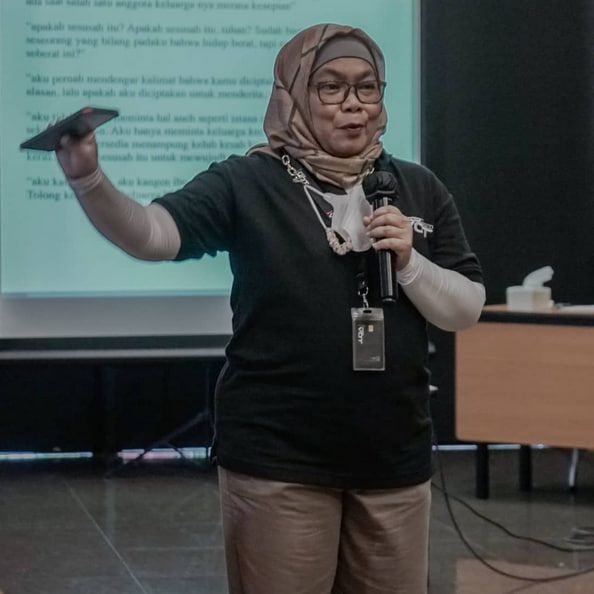
According to Novie Burhan, this was due to the prevalence of television shows that were not educational and had questionable quality. These shows may use what people deemed as the “everyday language”, but in reality, she stated that it was only the everyday language of Jakarta people. The words used in Jakarta might not necessarily used by people outside Jakarta.
“Nggak” or “Tidak“?
One simple but debated word is whether “nggak” or “tidak” (both meaning “no” or “not”) is better used for the dub. According to Novie Burhan, “nggak” is generally used in Jakarta and may not be used outside Jakarta. This doesn’t include other Jakarta slang words like “enak aja” (also used to show disagreement, but in a very informal way), “dong” (can be translated as “please”), “deh” (“okay”), or “sih” (“though”), which she considers as “Jakarta language”.
In this case, Novie Burhan as dubbing director chooses to avoid, or at least minimise, the usage of those Jakarta words. She tries to use the correct and proper Indonesian that can be understood by people from all Indonesian archipelago. For the disagreement word, she opts to use “tidak”.
This decision was made because TV or streaming audiences are not only in Jakarta. As mentioned by Novie Burhan, “Look at the other part of Indonesia, especially Eastern Indonesia. There’s no ‘gua-elu‘ (Jakarta slang word for “you and me”). There’s no ‘nggak‘. Eastern Indonesians use words like ‘Tidak ada kaka‘. That’s how they speak”.
Indonesian Language, Unity Language
The linguistic diversity in Indonesia, including how each region interprets the Indonesian language, is one reason why Indonesian dubs on television use the correct and proper Indonesian. Novie Burhan also promotes this method, even though she also worked for the streaming service before.
Novie Burhan acknowledges that the correct and proper Indonesian can sound too rigid and odd. This is because such language is not commonly used. However, she also asked, “Have you asked fans from Eastern Indonesia if the translation sounds strange? Maybe for them, it isn’t strange. Maybe for people in Sumatra, it isn’t strange at all. It’s just weird for us who live in Jakarta, whose everyday language is very different compared to theirs. Today, we even use words like ‘anjir‘ (damn), ‘anjay‘, and the like.”
Novie Burhan doesn’t deny the fact that Indonesian dubbed content on online streaming services started using more casual words. Streaming services do this in response to the feedback about the usage of “formal” words. However, just like we mentioned before, using informal words also has its pros and cons. Novie Burhan herself chooses to remain faithful to using the correct and proper Indonesian.
Cultural Filter
Another mission inherent in Indonesian dubbing is a filter on sensitive cultural and language aspects. Novie Burhan gives an example such as the translation of the word “fck,” which is usually not as explicit in Indonesian dubbing. Normally, expletives like that are often translated to “kurang ajar” (literally translated as “rude”) instead of “bangst” (“fck“). Even the word “bodoh” (“stupid”) is often filtered to “payah” (“unimpressive”).
Why are these words filtered? According to Novie Burhan, this prevents children from watching and imitating such words, deeming them acceptable. “Imagine if a child says, ‘Mom, you’re bodoh (stupid)!’. That’s why filtering is necessary.”
This is why the issue of translation in Indonesian dub is considered sensitive. From cultural filters to “Indonesianizing Indonesia”, Novie Burhan believes that dubbing or translation with correct and proper Indonesian is still relevant in this digital era, especially considering how diverse the Indonesian archipelago language is. “Maybe we’re not used to such language. But what about friends outside Java, who use formal Indonesian in their everyday life?” added Novie Burhan at the end of the interview.
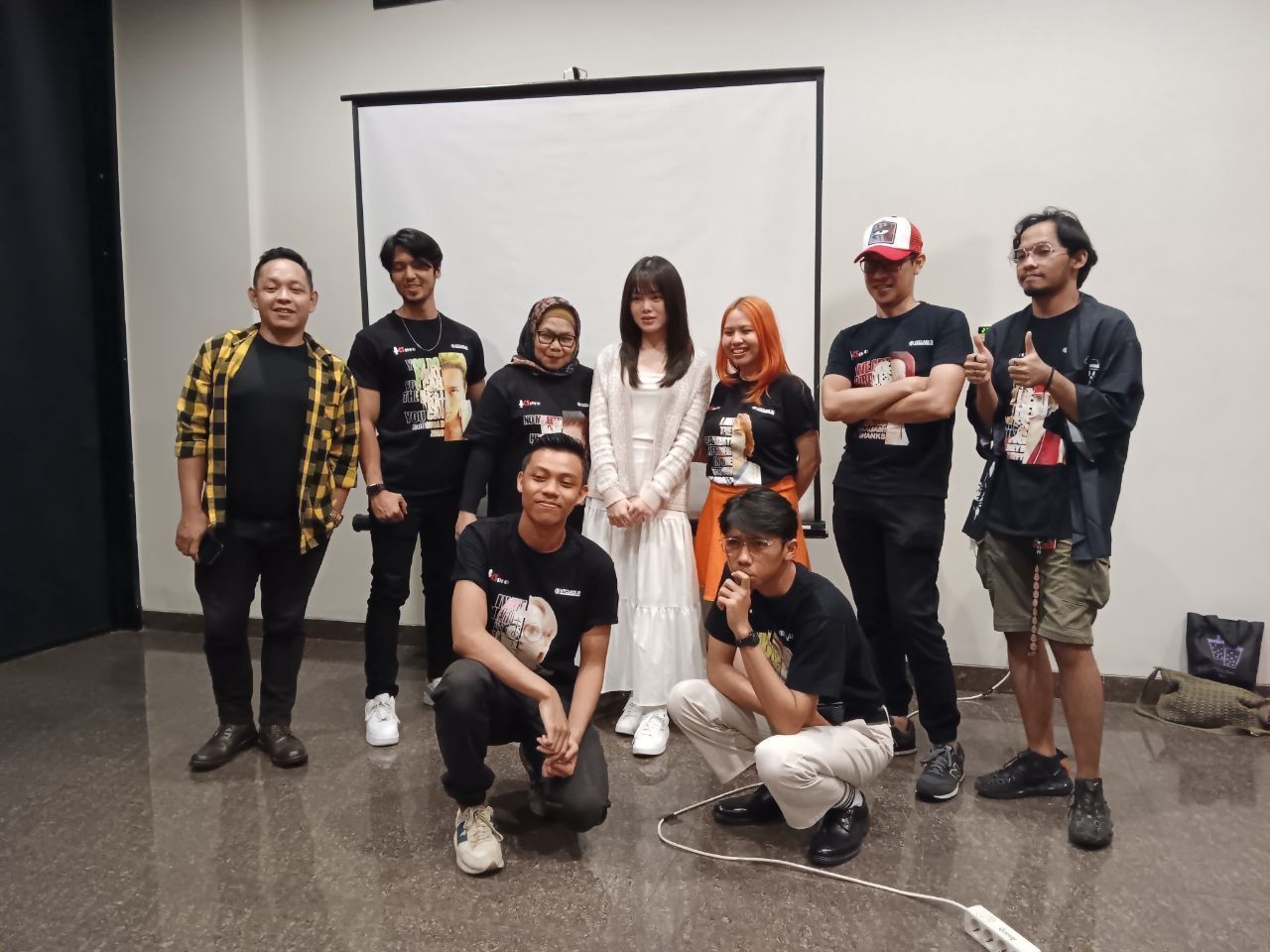
References:
Nelly Martin-Anatias, 2017. “Who speaks Indonesian, ‘the envy of multilingual world’?.” theconversation.com.
The Indonesian Anime Times | Interview by Dody Kusumanto | Translation by Dany Muhammad | Special Thanks to Novie Burhan and VTClass.ID

